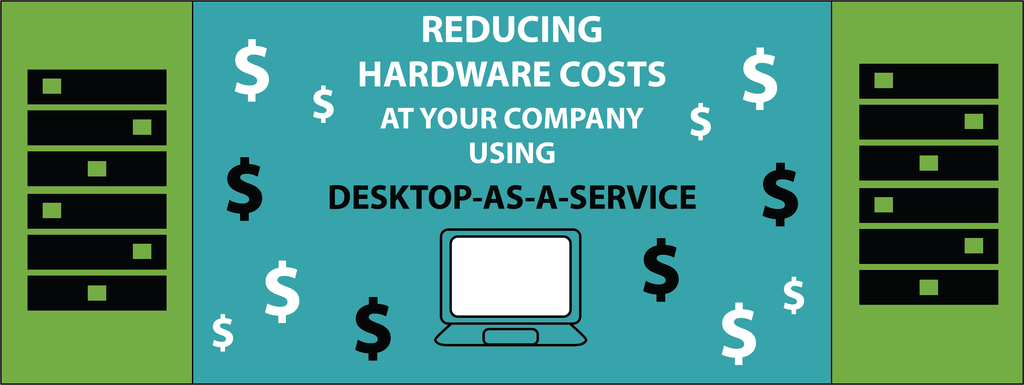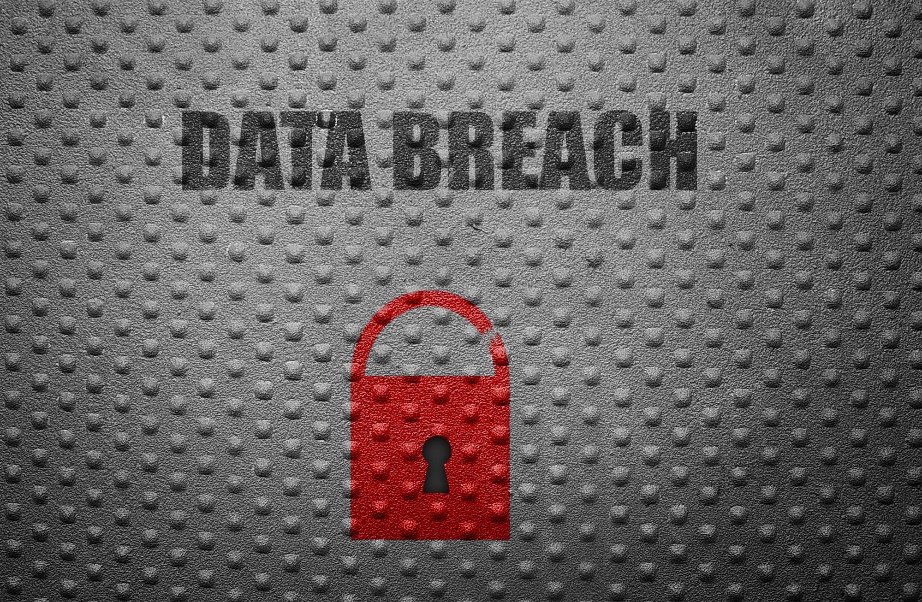Right now, there’s a good chance hackers are trying to breach your Wi-Fi connection. Even if you think you’re a small target not worth the effort, you never know when your internet connection will be compromised by cybercriminals looking for a payday, or scammers looking to piggyback off your Wi-Fi signal. The good news is that there are steps you can take to protect your wireless connection and keep the data stored on your network safe.

Create a New Router Password
Creating a unique password for your router is one of the first steps anyone should take to secure their wireless connection. Doing this is easier than you probably think; it can be done through your web browser. For most routers, simply type “192.168.1.1” into your browser, then enter your network password and username to log in. If this doesn’t work, you can almost always find the user manual for your router online through a simple Google search.
Once you’ve accessed your router by following the instructions above, you’ll be able to change your password. If you don’t do this, you leave your Wi-Fi connection vulnerable. There is a public database of default usernames and passwords for wireless routers, making it incredibly easy for hackers to access a wireless network (an example: the factory-default password for Linksys equipment is “password”).
Find the default password in your router’s settings, and change it to something more secure. If your network is “open,” or accessible to anyone without a password, change it so that anyone who wants to access the network has to enter the correct phrase. This, in combination with firewalls and other anti-hacker protections, will make your Wi-Fi network much more secure.
To find out more about CyberlinkASP’s network security and monitoring features, remote desktop hosting, or other services, call us today at 972-262-5200.







